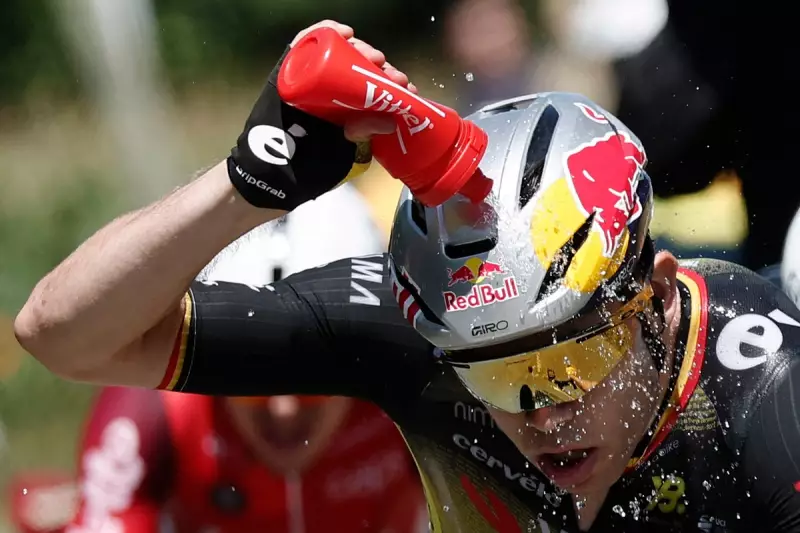
While spectators marvel at the athletic prowess of Tour de France competitors, few consider one of the peloton's most pressing practical challenges: answering nature's call during the race. Professional cyclists face a unique dilemma when biological needs arise during stages that can last up to six hours.
The Peloton's Unwritten Rules
Cycling etiquette has developed an informal system to accommodate riders' toilet needs. When a competitor signals their requirement, the peloton often slows down collectively, allowing the rider to briefly stop at the roadside. This sportsmanship ensures no one gains an unfair advantage from such unavoidable breaks.
A Delicate Balancing Act
Riders must carefully time these stops, as the window of opportunity is brief. The current protocol sees most bathroom breaks occurring during less intense phases of the race, typically early in flat stages. However, during crucial mountain climbs or sprint finishes, stopping becomes nearly impossible, forcing riders to endure discomfort or resort to alternative solutions.
Historical Context and Modern Practices
Tour de France history includes numerous instances where riders have discreetly relieved themselves while continuing to pedal, though this practice has become less common with increased television coverage. Modern cycling kits' design and advanced moisture-wicking fabrics help manage these challenging situations, but the fundamental problem remains unchanged since the race's inception in 1903.
The peloton's cooperative approach to this universal human need highlights the unique camaraderie that exists even among fierce competitors in professional cycling's most prestigious event.





